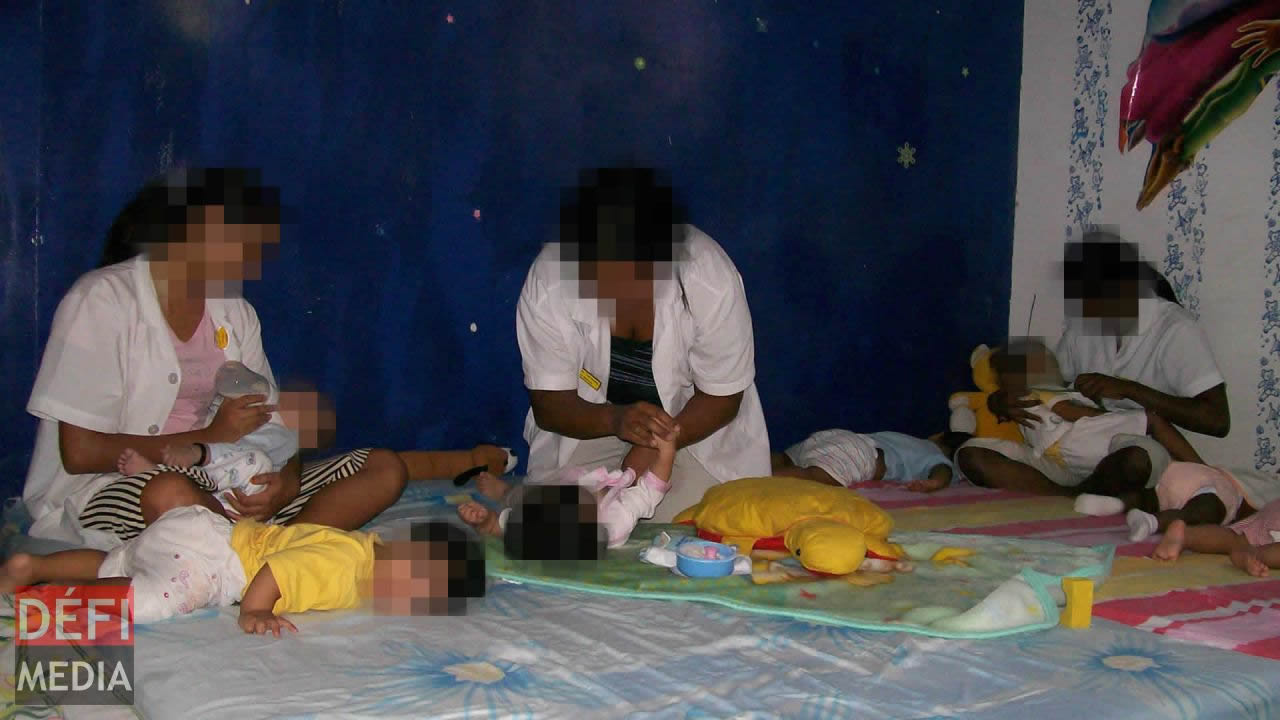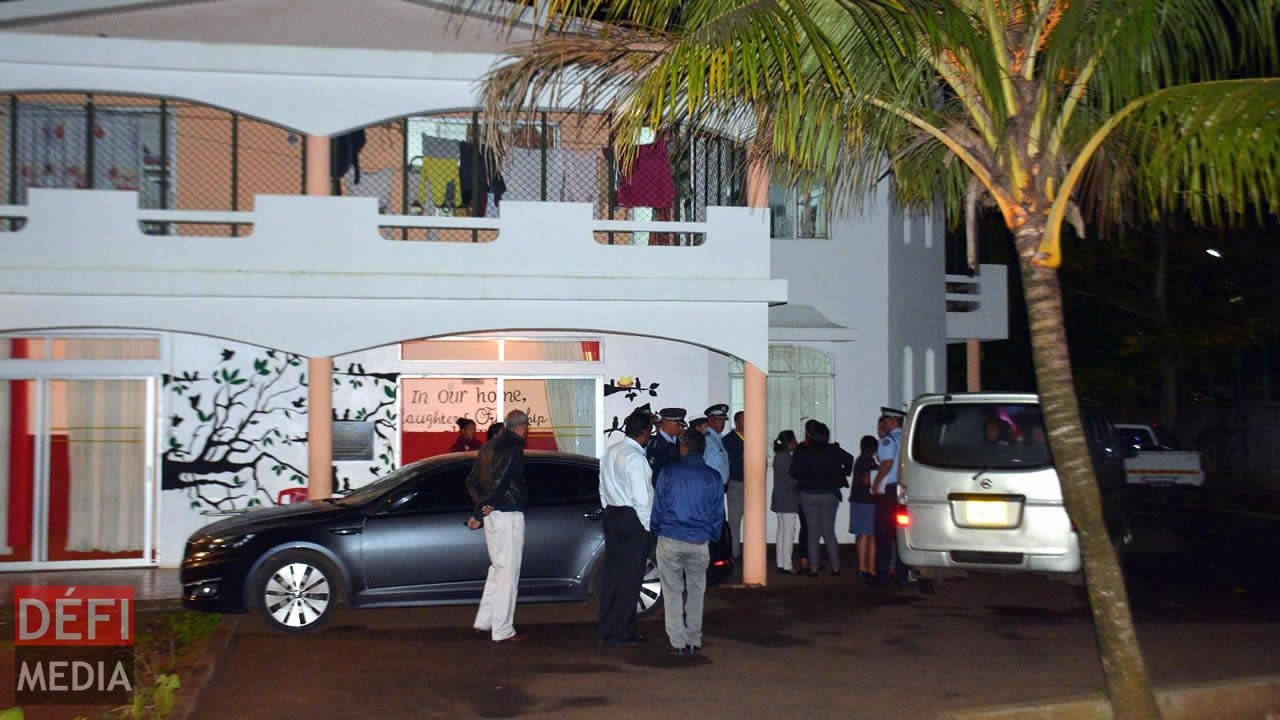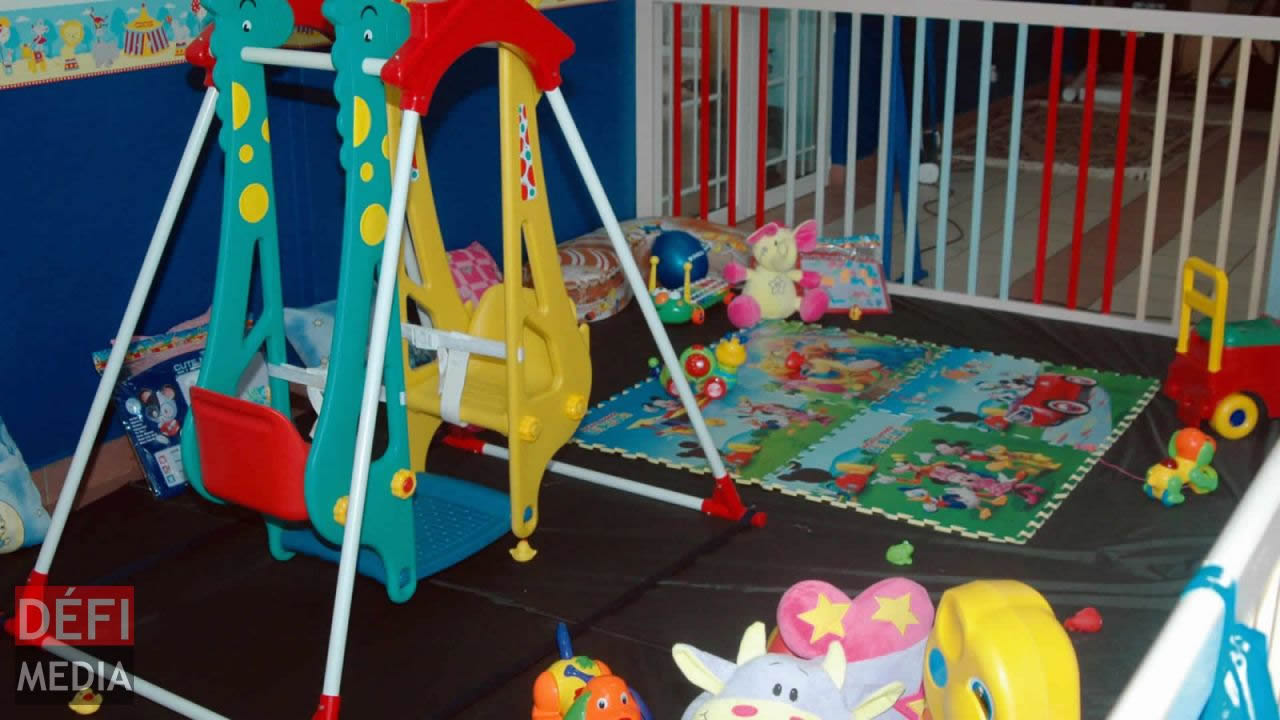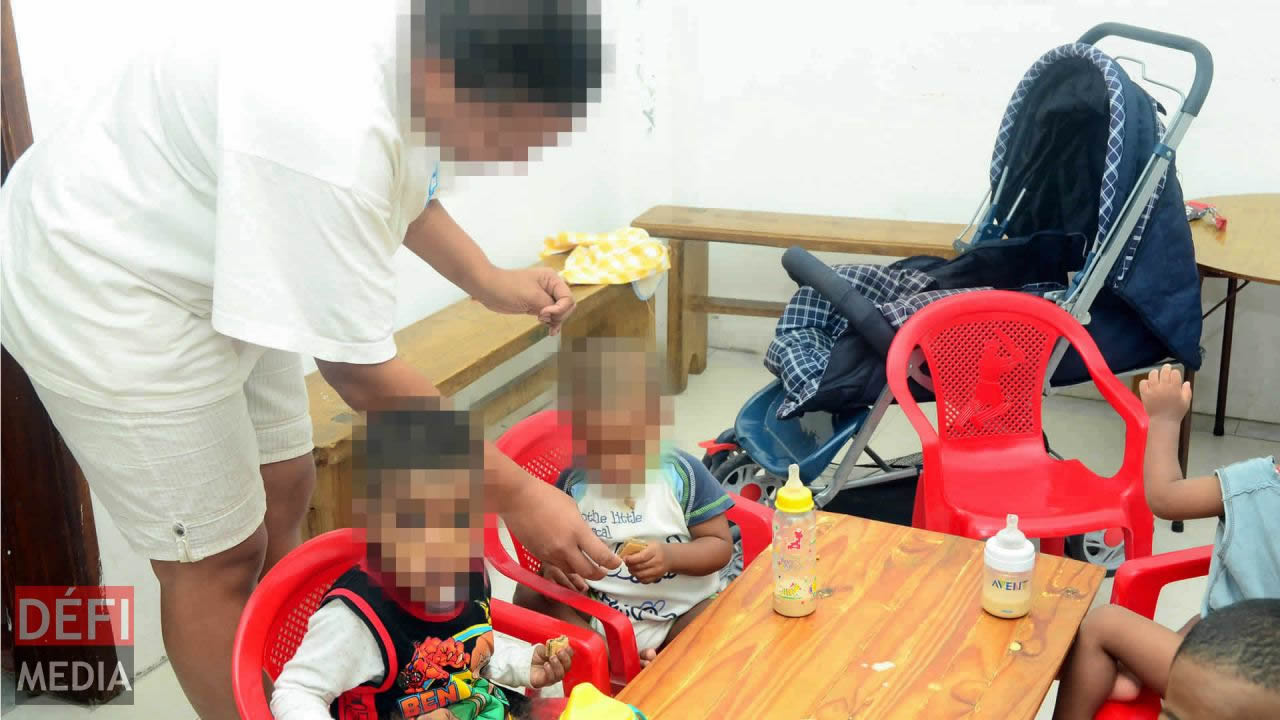
Shocking and disturbing allegations of abuse on children of two Residential Care Institutions operated by the NGO Vedic Social Organisation, namely La Marguerite at Belle Rose and Heaven Children at Paillotte, have been hitting the headlines for some time now. With this rising issue on the safety of young residents, News on Sunday offers an outlook on the management of these shelters.
The allegations of rape, physical and verbal abuse and other acts of violence implemented against minor residents by caregivers and officers of La Marguerite shelter, in Belle Rose, and Heaven Children Center, in Paillotte, provoked shock waves in the country and deeply distressed those involved in the social work field. Following these allegations, the 47 minors aged between one and 17 were evacuated from these two shelters managed by the Vedic Social Organisation. They were placed in other safe havens and benefited from treatments by a psychologist and other medical follow-ups.
Anonymous letters, complaints by former employees, allegations of residents and parents, overwhelming reports by psychologists and the Child Development Unit (CDU) have been received since the inauguration of these two shelters in 2012. In addition, they have been severely criticized following the works of a Fact-Finding Committee. The Ministry of Gender Equality, Child Development and Family Welfare initiated an inquiry to shed light on the issue and the investigation is ongoing. The Ministry stated that it is closely monitoring other shelters around the island in order to ensure their compliance with the standards for the safety of minor residents. However, since the breaking news of this alarming affair, many are questioning the management of the shelters.

Grounds on which children are placed in Residential Care Institutions or Shelters
News on Sunday contacted Vandanah Jodhoa, Senior Coordinator at the Ministry of Gender Equality, Child Development and Family Welfare, who explains how shelters operate. As a last resort, children from non-stable families are placed in what they call Residential Care Institutions, which provide permanent residential facilities. “The child is removed from his/her family as a result of the family’s failure to support and provide adequate care to the child, if he/she is believed to be ill-treated, neglected, abandoned or upon the family’s conduct, which represents a risk of being harmed for him/her. The Ministry normally enlists the services of providers through a bidding exercise to manage its three Government-owned shelters, whilst the other institutions are mainly the NGOs and Charitable Institutions collaborating with the Ministry. The Ministry thus accommodates children who are victims of violence, from difficult family backgrounds and environment in its three shelters (1 run by NGOs and 2 by the National Children’s Council). If there are no places available, the children are accommodated in one of the 14 Residential Care Institutions (RCIs), which are duly managed by NGOs. Around 406 children have been placed there,” she says.
Place of safety
How do they ensure that the institutions are operating within norms and standards? Vandanah Jodhoa explains that it is the Alternative Care Unit (ACU) with the restructuring of CDU, which has a mandate to ensure that the institutions are operating within norms and standards for a place of safety and also to ensure that rehabilitation is undertaken between the children and their biological parents with a view of returning them to their family. She underlines that there is a list of criteria taken into consideration when declaring a Residential Care Institution (NGOs collaborating with the ACU) as a place of safety.
“How do we make sure that these institutions are safe for these children? How do we know that the officers and caregivers are qualified to perform? We thus have a list of nine specific criteria which these institutions have to abide by. These are that the state of the premises (whether the building is fit for purpose: cleanliness, safety, sanitation); the security of the neighbourhood; the number of carers as well as their expertise in the domain of childcare (proper training of carers); the different supports provided to the children (for e.g. provision of psychologist, therapies); schooling to be provided to the children; the different activities that the Residential Care Institution is proposing to the children; Certificate of Character of the carers as well as that of the managers are requested for; Clearance from Ministry of Health and Quality of Life with regards to Sanitation and Clearance from Fire Services,” utters Vandanah Jodhoa.
In addition, explains the Senior Coordinator at the Ministry of Gender Equality, Child Development and Family Welfare, as per the Convention on the Rights of the Child, the children who are placed in these Residential Care Institutions and shelters are entitled to special protection and assistance by the State. “Every child has his/her needs and we must ensure that these Residential Care Institutions and Shelters are meeting the needs of those children. These include as per the Convention on the Rights of the Child, security and safety at all times, their rights to an identity, quality health care and treatment, a good standard of living, education, develop his/her own personality, practice their own culture and faith, and to relax and to play, just to name a few.”

Smooth running of institutions
Vandanah Jodhoa explains that with a view to carrying out regular inspections, Residential Care Institutions including Government-owned shelters, the Ministry has set up Inspectorate systems at the level of CDU. “In order to ensure the smooth running of the Residential Care Institutions, several tasks have been initiated. They are namely the development of an Inspectorate System for inspection of shelters by Enforcement Officers; development of guidelines in respect of monitoring visits for Officers conducting supervision of shelters; capacity building of the CDU Officers conduct supervision visits regarding the upkeep of children, residents of shelters; intensification of monitoring through regular weekly visits at the level of all the Shelters; training of Carers as well as Managers and Directors of Shelters in respect of upkeep of residents at their level; facilitation and support of the putting into place of relevant records and bookkeeping in respect of robust management of the Shelters.”
She adds that it also includes tasks in regards to the well-being of the residents, namely the children. “It comprises the provision of ongoing psychological/psycho-social support to residents placed in all the Institutions; ensures the development of care plan for each and every resident of the shelters; makes sure that developmental, educational and recreational activities are conducted for all residents in shelters; guarantees that parental contacts with biological families are undertaken with a view to reintegrating residents back to mainstream society and finally warrants that malpractices are reported to Police as appropriate.”
Grant per child
Vandanah Jodhoa states that there is no significant difference in the day-to-day running of Residential Care Institutions and Shelters since their management is subject to the same obligations of care.
However when it comes to grants, she highlights that the Government provides financial assistance to all Residential Care Institutions/Shelters, but the mode of financing differs. “For Government-owned shelters, they are paid in accordance with their management contract agreement and the number of children duly accommodated therein. But as for NGOs, they are paid a capitation grant of Rs 378.27 per child per day for accommodating children removed from their familial environment.”
In fact, it is good to underline that the capitation grant has been revised in July 2015, from Rs 252.18 to Rs 378.27 per child. Overall grant disbursed by the government for management services contract and shelters will amount to around Rs 2 million and above per year.

New programmes
The Senior Coordinator at the Ministry of Gender Equality, Child Development and Family Welfare stated that the Ministry is envisaging some new programmes. “The Ministry looks forward to coming up with a back-to-home programme, that is, a Family Rehabilitation Programme. The Ministry also plans the setting-up of an Inspectorate System for better Monitoring of RCIs and to sustain training for managers and caregivers and relevant key stakeholders on child protection issues.”
Vandanah Jodhoa further adds that the Ministry is currently laying more emphasis on the Family Rehabilitation/Back to home Programme to reduce overreliance on institutions. “This Programme is to allow the children, victims of violence who have been placed in shelters and RCIs, to go back to their homes.
Further, in cases where it is noted that residents of those institutions are not able to get reinserted into their biological environment, owing to reasons like incest, where the child is in immediate danger or also where parents are found to be in prison or indulging in prostitution or being addicted to drugs, then the option for the foster care system is explored,” she explains.
 J'aime
J'aime













